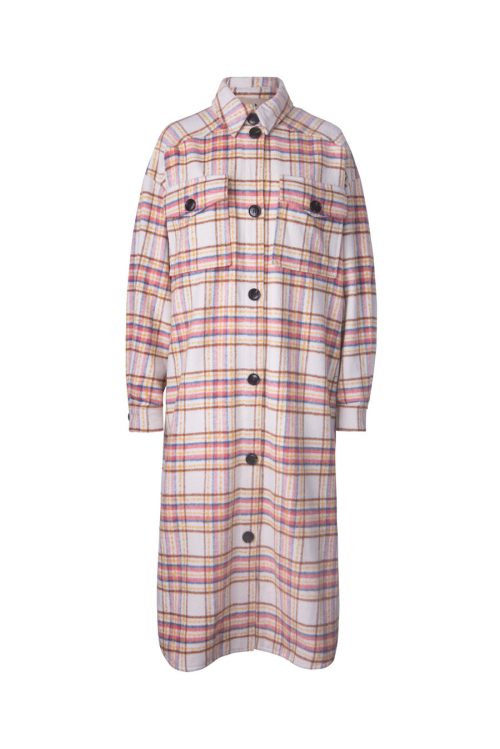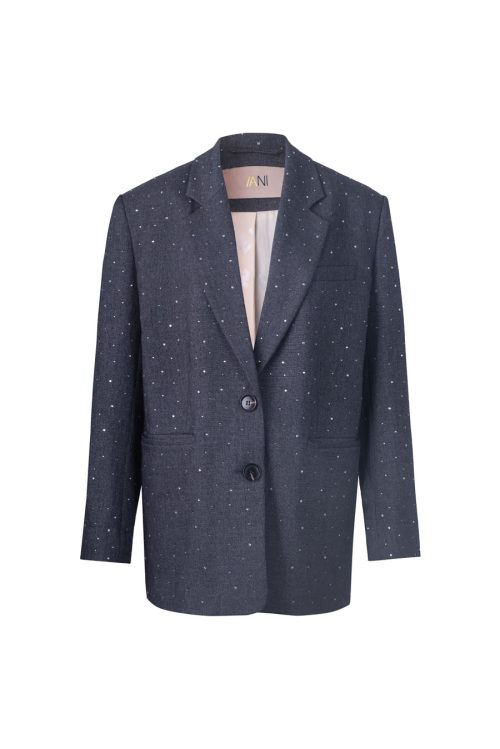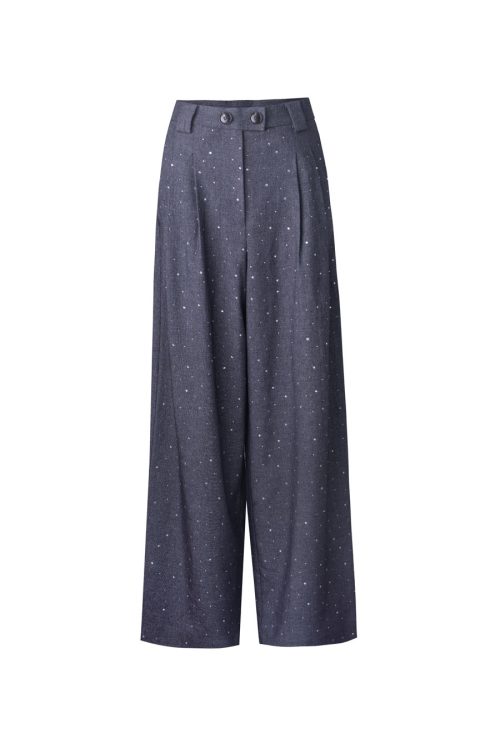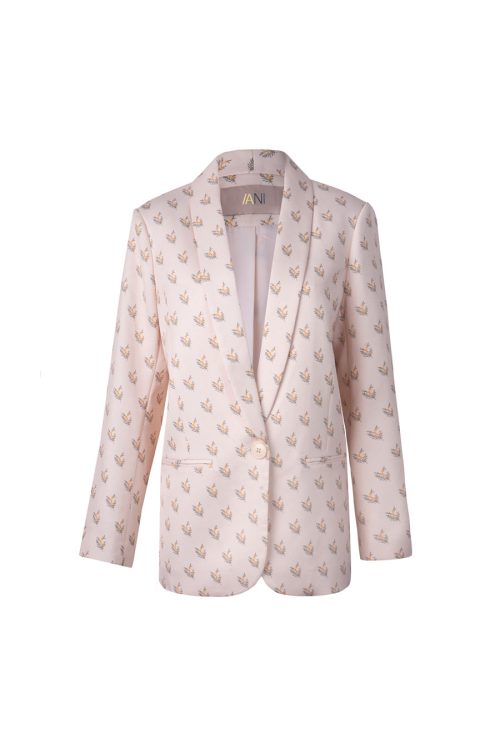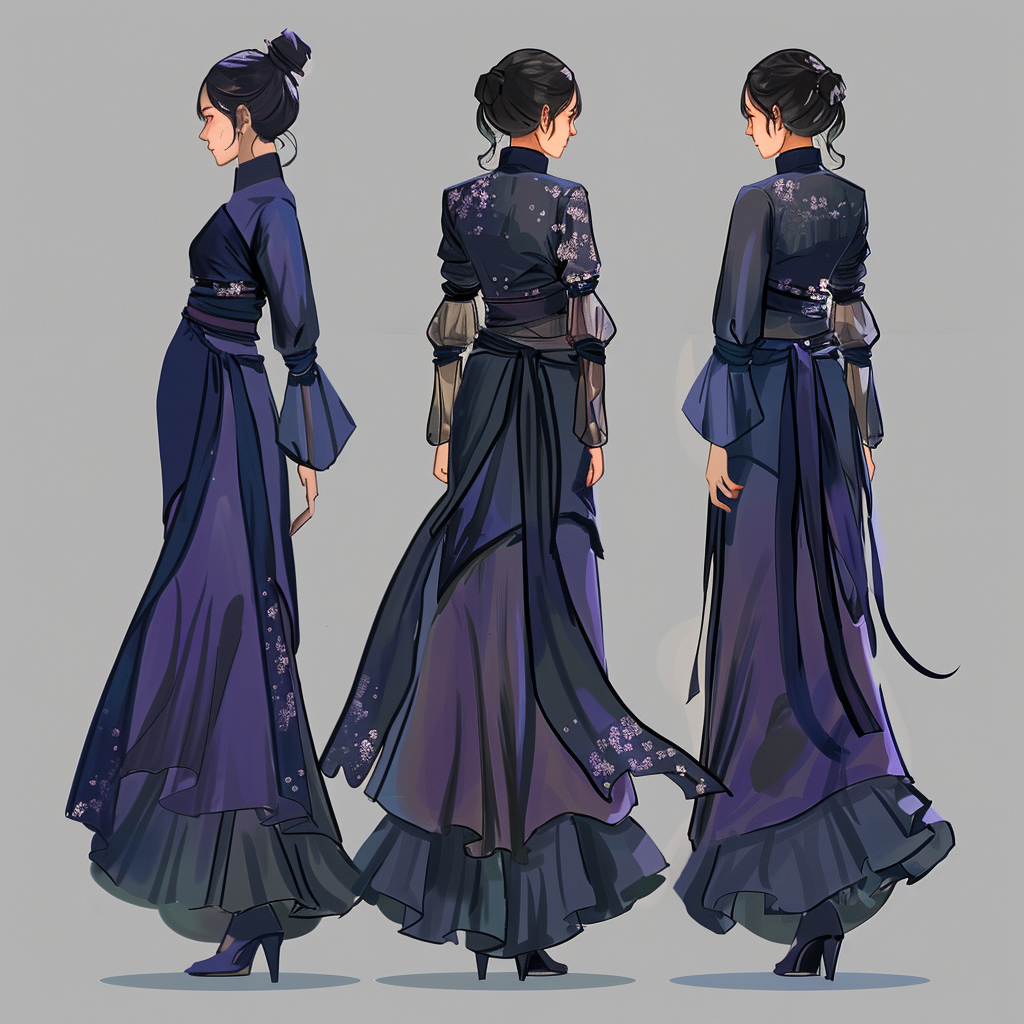
In an era where environmental consciousness is paramount, sustainable fashion manufacturing has emerged as a crucial movement within the global fashion industry. This approach prioritizes eco-friendliness and ethical practices, aiming to significantly reduce the industry’s environmental footprint.
Pioneering Materials and Eco-Friendly Processes
At the heart of sustainable fashion manufacturing are innovations in materials and processes. From organic cotton to recycled fabrics, manufacturers are exploring a range of sustainable materials. Additionally, advancements in production processes are minimizing waste and reducing water and energy usage, showcasing a commitment to eco-friendly practices.
Ethical Practices: The Human Aspect of Sustainability
Sustainable fashion isn’t just about the environment; it’s also about people. Ethical labor practices, including fair wages and safe working conditions, are integral to this approach. Brands are increasingly focusing on fair trade and ethical sourcing, ensuring that sustainability encompasses both environmental and human welfare.
Environmental and Social Benefits
The benefits of sustainable fashion manufacturing extend far beyond reducing carbon footprints. It plays a significant role in preserving natural resources and biodiversity. Moreover, by adopting sustainable practices, the fashion industry contributes positively to societal welfare and community development.
Navigating Future Trends and Challenges
While the future of sustainable fashion manufacturing is promising, it is not without challenges. The transition to fully sustainable practices requires overcoming hurdles related to cost, technology, and consumer awareness. Nonetheless, the industry is steadily moving towards more sustainable and responsible fashion production.

